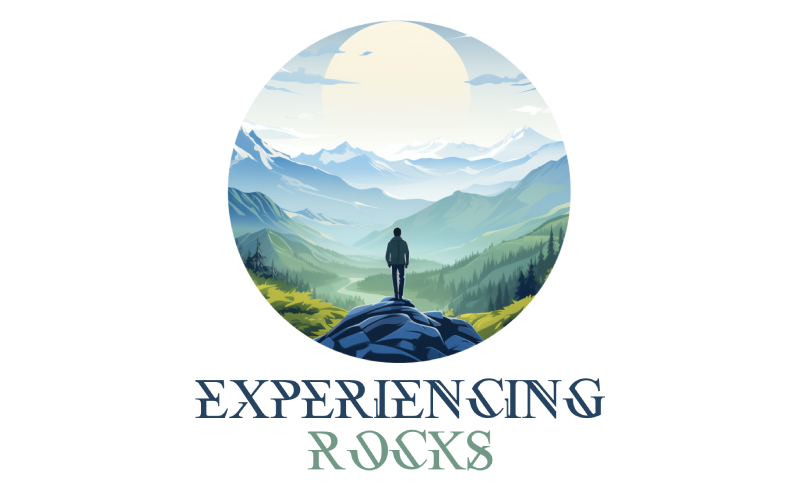Rock hunting, an engaging hobby that unites nature enthusiasts and geology aficionados, is more than just a pursuit of collecting minerals and gems. It’s a delicate dance of respecting the environment, preserving natural habitats, and maintaining cordial relations with fellow collectors. As the popularity of this hobby grows, understanding and adhering to rock hunting etiquette becomes essential, ensuring that both the natural world and the rockhounding community can thrive harmoniously.
Respecting Geological Sites
The cornerstone of rock hunting etiquette is respect for geological sites. Many of these sites are not just sources for specimens but are also critical to scientific research and environmental balance. Collectors should always obtain permission before entering private land or collecting in protected areas. Furthermore, the principle of ‘leave no trace’ is paramount; this means not disrupting the landscape, avoiding the collection of specimens from sensitive ecological areas, and never vandalizing rock formations.
Safe and Sustainable Collection Practices
Sustainability in rock hunting involves limiting the number of specimens collected and choosing methods that don’t harm the surrounding environment. Responsible collectors use appropriate tools and avoid using heavy machinery or explosives, which can irreversibly damage geological formations. They also practice selective collection, taking only what they need and leaving enough behind for others and for the ecosystem to continue its natural cycle.
Knowledge Sharing and Community Respect
Rock hunting is as much about building a community as it is about collecting. Sharing knowledge and experiences with other collectors strengthens the community and promotes a deeper understanding and appreciation of geology. This camaraderie is grounded in respect – for each other’s claims, findings, and privacy. Swapping stories, tips, and even specimens can be a significant part of the rock hunting experience, provided it’s done with mutual respect and consent.
Ethical Considerations and Legal Compliance
Adhering to local laws and regulations is a fundamental aspect of rock hunting etiquette. This includes understanding the legalities surrounding collecting in various regions, whether it’s national parks, local reserves, or private properties. Collectors should stay informed about the regulations governing their hobby and always operate within the boundaries of the law. This legal compliance not only protects the collector but also helps in the preservation of geological sites.
Environmental Awareness and Conservation
Rock hunters have a unique opportunity to contribute to environmental conservation. By being observant and reporting any unusual or concerning findings to authorities, such as signs of pollution or endangered species, they can play a vital role in environmental protection. Additionally, participating in or organizing clean-up drives at popular rock hunting sites reinforces the commitment to preserving nature’s beauty for future generations.
Educating Newcomers
Experienced collectors have a responsibility to educate newcomers about the ethics and etiquette of rock hunting. This mentorship can include guidance on sustainable practices, legal knowledge, and respectful behavior towards nature and fellow enthusiasts. By fostering an informed and ethical community, the integrity and future of rock hunting are safeguarded.
Conclusion
Rock hunting, more than a mere hobby, is a stewardship of nature’s geological gifts. It requires a careful balance of passion for collecting and responsibility towards the environment and the community. By practicing respectful and sustainable collection methods, adhering to legal regulations, and fostering a community of informed and ethical collectors, rock hunters can ensure that this enriching activity remains sustainable and enjoyable for generations to come. In essence, rock hunting etiquette is not just about collecting stones; it’s about cherishing and preserving the story of our planet.

